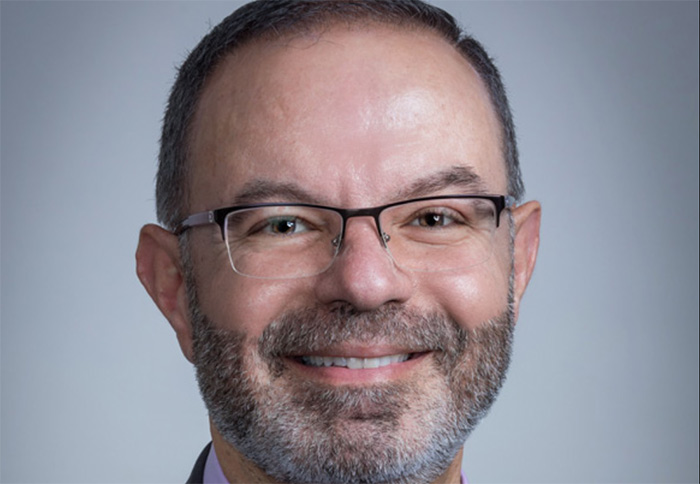College speakers offer wisdom, learning
If the job of a commencement speaker is to offer food for thought, Pomona College offered a feast at its 121s commencement, held last Sunday in the school’s Marston Quadrangle.
Four distinguished guests—Obama adviser Valerie B. Jarrett, Spanish tenor Placido Domingo, Homeboy Industries founder Father Gregory Boyle and mathematics professor Michael Starbird—took to the podium after being presented with honorary degrees.
People who are immersed in the world of numbers have a reputation for being a bit dry. Mr. Starbird, a 1970 Pomona College alumnus who teaches at the University of Texas at Austin, turned this notion on its ear by delivering one of the morning’s more thought-provoking speeches.
It’s important for people to be upfront about what they do and do not know, he said. Furthermore, he asserted, it’s important to acknowledge that even our most firmly held views might be wrong.
“Most of us understand almost nothing,” Mr. Starbird said. “And what you revere as core truths may later reveal some kind of disturbing nuance, such as later it will seem completely bogus.”
That co-worker or friend or relative or talking head on the television that seems so sure of everything? Their surety is not necessarily a good thing, according to the professor, who was given the national teaching award by the Mathematical Association of America in 2007.
“Anyone who says they are 100 percent sure of any opinion is really saying that they’re completely closed-minded, and that no amount of evidence will penetrate the concrete,” he said.
The mathematician offered an example of how time and experience can make you look at things differently.
When his generation was in college, the prevailing wisdom among young people was “You can’t trust anyone over 30.” Some 44 years later, that counter-culture slogan doesn’t “lend itself as an example of enduring wisdom that will stand the test of time” for Mr. Starbird and his fellow Baby Boomers.
Mr. Starbird urged his audience to engage in some rigorous self-examination.
“Do you really know why you support the collections of opinions that you hold dear—political opinions, religious views, social views?” he asked. “The answer is, you don’t, really, and neither do the people who have opposite opinions. They don’t really know. Acrimony ensues.”
Mr. Starbird went on to make a “modest proposal that promotes civility and anchors us all in the reality of our own limited understanding.”
Each time you state an opinion, you should also state “a percentage that actually captures how strongly you believe it, he suggested.
“For example: You say, ‘I think the death penalty is a bad idea. 80 percent,’” he said. “And this way, if somebody gives you some credible evidence on the opposite side, you don’t have to abandon your opinion altogether. You have room to wiggle and you say, ‘I still think the death penalty is not a great idea, but now only 68 percent.’”
Mr. Starbird joked that he had misheard Pomona College President David Oxtoby when he was asked to speak at the commencement.
“I was quite sure that I would have three to five hours to speak. I thought that was about right,” he said. “Only recently did I learn that it was supposed to be three to five minutes. That was annoying.”
In order to couch the disappointment, Mr. Starbird found another way to share hours of his hard-won life philosophy with the graduates. He provided each student with a signed copy of his book, Elements of Effective Thinking, which he co-authored with Edward B. Burger.
A full account of the Pomona College graduation, including the inspiring words of Ms. Jarrett, Mr. Domingo and Father Boyle, will be included in Friday’s edition of the COURIER.
—Sarah Torribio
storribio@claremont-courier.com
Check out our complete stories in our Friday edition.








0 Comments